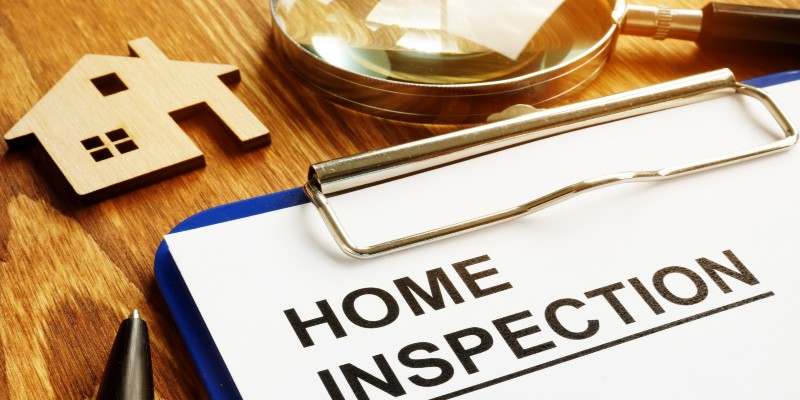When you’re buying a home, it’s essential to know what you’re getting into. The last thing you want is to move in and find out that the roof needs replacing or the electrical wiring needs to be improved. A home inspection can help you determine potential problems before committing to a purchase. In this blog post, we will explore some of the most common issues found during home inspections and how they can be addressed. Whether it’s the foundation, drainage issues, or something else entirely, understanding these issues can help you make an informed decision when buying a home.
Common Home Inspection Problems
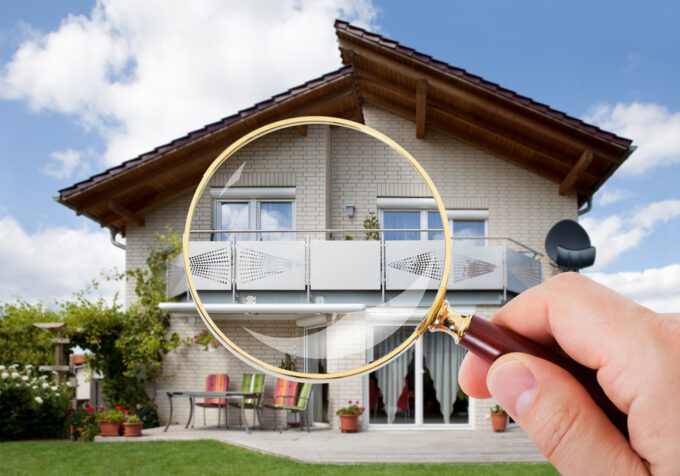
Source: nexusconsultingnyc.com
Read below to find out some common home inspection concerns.
Lack Of Maintenance
One of the most common problems found in home inspections is a need for proper maintenance. This can result in issues such as water damage, mold growth, and pest infestations. Another common problem is structural damage, which can be caused by foundation problems, rot, or termites. Additionally, inspectors often find electrical or plumbing problems, as well as safety hazards such as trip hazards and exposed wiring.
Inspectors also look for problems related to the building’s age and condition, such as outdated appliances and materials, asbestos, and lead paint. Finally, inspectors often identify issues with HVAC systems that are inefficient or not working correctly. Consider opting for hiring home inspection service offered by highly skilled and trained professionals.
Wear and tear
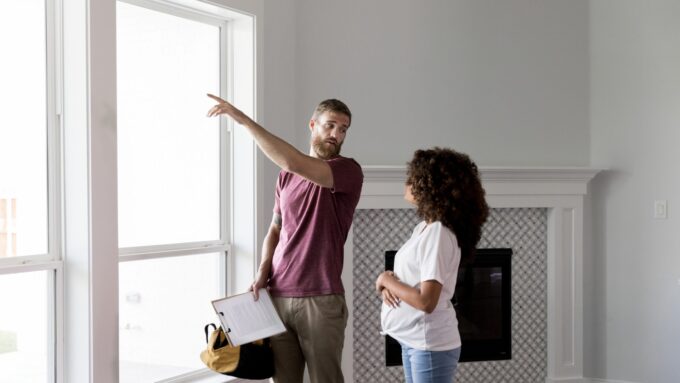
Source: nerdwallet.com
One of the most common problems found during home inspections is wear and tear. This can include anything from cracked or missing tiles to peeling paint or stained carpets. While most of these problems are cosmetic, they can still be costly to repair.
Another common issue is with the home’s plumbing. Inspectors often find leaks, clogged drains, and other plumbing problems. These can be expensive to fix, so it’s essential to be aware of them before you buy a home.
Other common problems found during home inspections include electrical issues, termites, and structural damage. These are all serious problems that can be costly to repair, so it’s essential to have a professional inspector take a look at your potential new home before you make an offer.
Structural issues
One of the most common problems found during home inspections is structural issues. This can include anything from a cracked foundation to a sagging roof. If addressed, these problems can lead to severe damage to the home and may even make it uninhabitable.
If you’re buying a home, it’s essential to have a thorough inspection conducted by a qualified professional. This will help ensure that any potential problems are discovered and addressed before you finalize the purchase.
Electrical problems
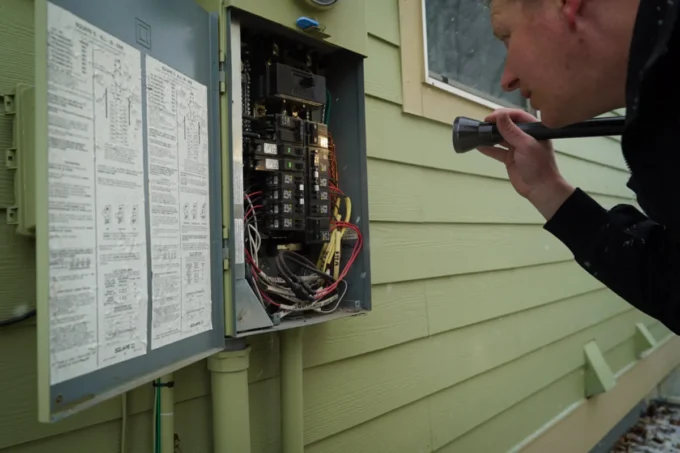
Source:youtube.com
One of the most common problems found during home inspections is electrical issues. These can range from minor problems, such as loose outlets or exposed wires, to more severe cases, like outdated wiring or overloaded circuits.
Some of the most common electrical problems found during home inspections include:
-Loose outlets
-Exposed wires
-Outdated wiring
-Overloaded circuits
-Poorly grounded outlets
Plumbing issues
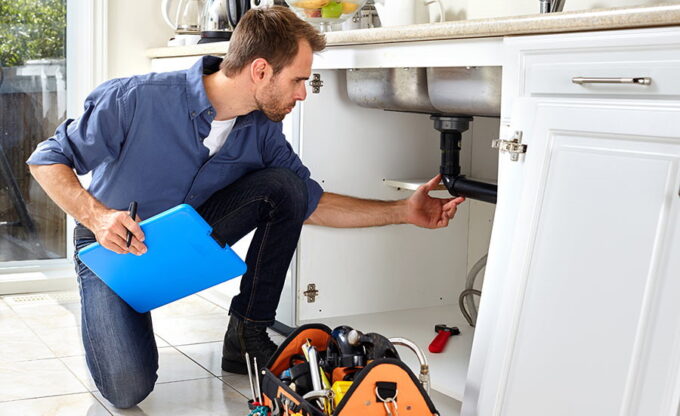
Source: doforms.com
Most home inspectors will agree that plumbing is one of the most common problems found during inspections. Plumbing issues can range from minor leaks to significant problems that require extensive repairs.
One of the most common plumbing problems is a leaky faucet. This is usually an easy fix that can be done by the homeowner. However, if the leak is not fixed, it can lead to bigger problems, such as water damage.
Another common plumbing problem is a clogged drain. This can often be caused by hair or another debris build-up over time. If not fixed, a clogged drain can lead to sewage backup or flooding.
More serious plumbing issues include broken pipes or leaks in the sewer line. These types of problems are usually beyond the scope of a home inspection and will require the services of a licensed plumber.
Heating and cooling system problems
One of the most common problems found in home inspections is heating and cooling system problems. These can include everything from a faulty thermostat to a clogged air filter. Other common issues include ductwork that needs to be correctly sealed or insulated and leaks in the ductwork.
Another issue that is often found with heating and cooling systems is improper ventilation. This can lead to a build-up of moisture, which can cause mold and mildew to grow. It can also lead to poor indoor air quality, which can be a health hazard.
If you are having any problems with your heating and cooling system, it is crucial to have it checked out by a professional as soon as possible. Ignoring these problems can lead to bigger issues down the road, so it is always better to be safe than sorry!
How To Avoid Common Home Inspection Problems
One of the most important things you can do when having a home inspection is to be present. This way, you can ask questions and get clarification on any problems that are found. If you can’t be there in person, make sure to have a friend or family member present who can take notes and ask questions on your behalf.
Another critical way to avoid common home inspection problems is to thoroughly review the inspector’s report before making any decisions. Inspectors may note potential issues that require further investigation. If you have any doubts about something in the report, feel free to ask for clarification or get a second opinion.
Finally, remember that a home inspection is just one part of the home-buying process. It’s important to consider all information when making a decision about whether or not to purchase a home. If you have any concerns, be sure to discuss them with your real estate agent or attorney before moving forward.
Conclusion
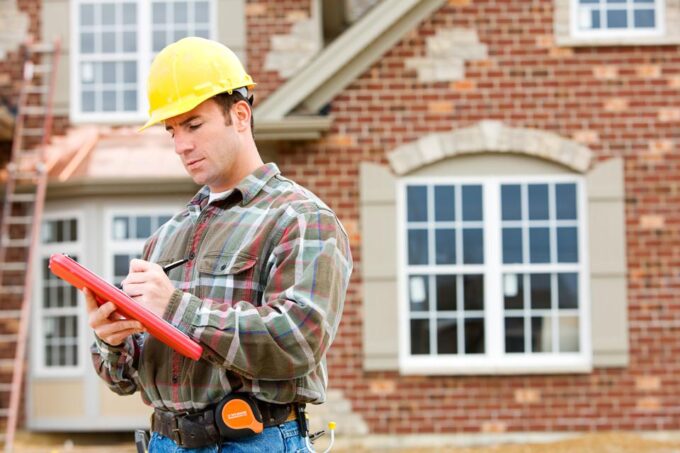
Source: forbes.com
Home inspections are an essential part of the home-buying process and can help you identify any potential issues that may need to be addressed before closing. Understanding the most common problems found during a home inspection can help you make an informed decision about your property purchase. Additionally, taking steps to address any issues prior to the inspection can save you time and money in the long run. With this knowledge, we hope that you feel more prepared for what to expect when having a home inspection done on your new property!

